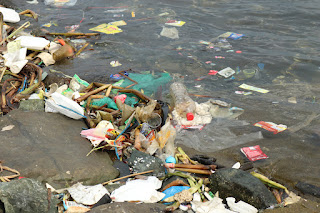The celebration of Earth Hour 2023 in the Philippines was a success, with iconic landmarks, local governments, and businesses across the country participating in the switch-off.
Earth Hour is an annual event organized by the World Wide Fund for Nature-Philippines (WWF-Philippines) that encourages people to turn off their lights for an hour as a symbol of their commitment to the planet. This global movement aims to raise awareness about climate change and the need for urgent action to mitigate its impacts. The event also seeks to highlight the value of nature as climate’s secret ally and the halting of biodiversity loss as one of the organization’s critical advocacies.








.png)
.jpg)
